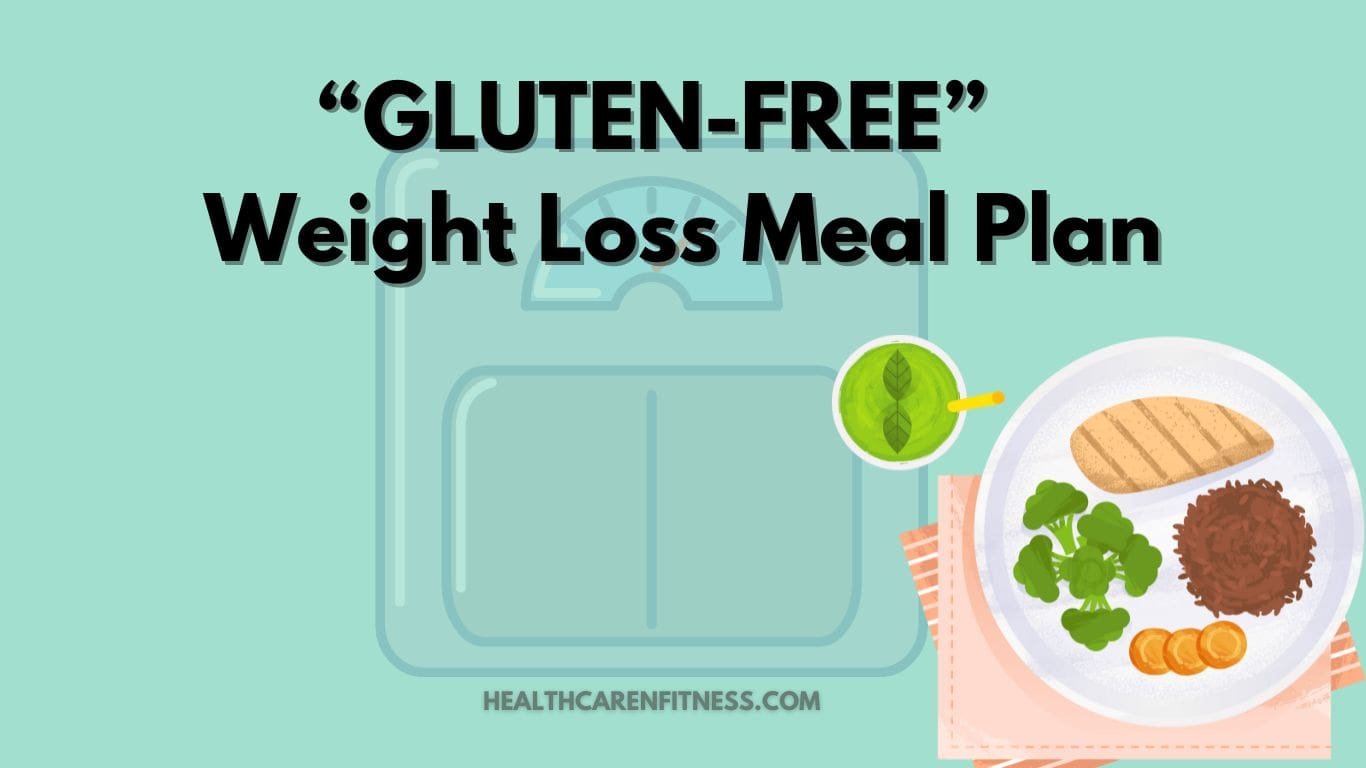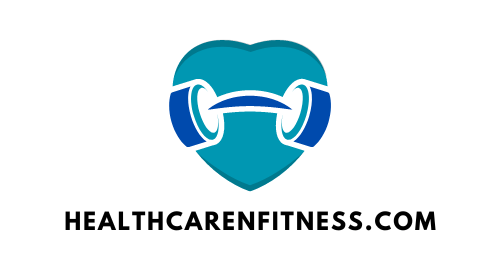
Introduction
In today’s world of health-conscious people, the gluten-free diet has emerged as a popular choice for many people. This diet, once used to manage specific medical conditions such as celiac disease and gluten sensitivity, has now become a lifestyle choice for some people, especially those who are trying to lose weight.
Understanding Gluten-Free Diet
A gluten-free diet, a nutritional plan that eliminates gluten-containing foods, aims to address health problems such as celiac disease, wheat allergy, or gluten sensitivity. While primarily intended for medical reasons, the gluten-free trend has expanded to people seeking weight loss and overall wellness. Adopting a gluten-free lifestyle involves selecting naturally gluten-free grains and food options, promoting a holistic approach to nutrition.
Increasing Popularity of Gluten-Free Weight Loss Meal Plan
The gluten-free diet has transcended its medical origins to gain widespread popularity in recent years. This shift is driven by several factors, including increased awareness of gluten sensitivity and celiac disease, a growing desire for holistic health and wellness, the perception of gluten-free diets as a weight loss tool, the expansion of offering gluten-free products and the influence of celebrity endorsements and media coverage. As the gluten-free food trend continues to increase, a deeper understanding of gluten’s impact on the body and the potential benefits of a gluten-free weight loss meal plan strategy becomes increasingly relevant.
Creating a Gluten-Free Weight Loss Meal Plan
Here are some tips to help you create a balanced and effective gluten-free meal plan:
1. Focus on Whole Foods
Try to eat a diet rich in whole, unprocessed, and naturally gluten-free foods. These nutritious, low-calorie options, including fruits, vegetables, lean proteins, fish, eggs, legumes and nuts, are essential for weight loss and overall health. By incorporating these foods into your meals, you can achieve your weight loss goals while enjoying a balanced and delicious diet.
2. Include Gluten-Free Grains
There are plenty of delicious and nutritious gluten-free cereals available. Quinoa, for example, is a high-protein whole grain that is also a complete protein source, meaning it contains all nine essential amino acids that our bodies cannot produce on its own. Brown rice is another excellent choice, providing fiber, complex carbohydrates, and essential minerals like iron and magnesium. Buckwheat, despite its misleading name, is actually a naturally gluten-free fruit seed and provides a hearty texture and nutty flavor. Amaranth, also a gluten-free option, is a powerhouse of nutrients, rich in protein, fiber, iron, magnesium and calcium. These versatile grains can be incorporated into various dishes, from breakfast cereals and salads to hearty stews and veggie burgers.
3. Pay Attention to Portion Sizes
While a gluten-free diet can help with weight management, mindful eating remains essential. Pay attention to portion sizes and listen to your body’s hunger and satiety signals to achieve sustainable weight loss.
4. Read Food Labels
Gluten-free shopping requires vigilance and a keen eye for detail. When selecting gluten-free products, it is essential to carefully review ingredient lists and certifications to ensure they meet dietary restrictions. Look for a “gluten-free” label on the packaging or certifications from reputable organizations like the Gluten-Free Certification Organization (GFCO) or the Celiac Disease Foundation (CDF). Avoid products that contain ingredients known to contain gluten, such as wheat, barley and rye.
5. Meal Prep and Plan Ahead
Planning your meals in advance and preparing them can help you stay on track with your gluten-free weight loss meal plan. Take time each week to plan your meals, create a grocery list, and prepare some meals in advance to save time during busy weekdays.
Recipes ideas for Gluten-Free Meal Plan
Breakfast options
Start your day with a gluten-free smoothie, blending spinach, banana and almond milk. Top it with nuts and seeds for added crunch and nutrition.
Lunch options
Enjoy a gluten-free wrap of lettuce leaves filled with turkey, avocado and hummus. Pair it with a side of gluten-free crackers and fresh fruit.
Dinner options
Indulge in a gluten-free stir-fry with tofu, broccoli and peppers served over quinoa. This flavorful dish is satisfying and nutritionally rich.
Snack options
For a quick and healthy snack, try gluten-free rice cakes with almond butter or a handful of mixed nuts and seeds.
Benefits of a Gluten-Free Weight Loss Meal Plan
- Effective weight management: Eliminating gluten-containing foods can reduce your overall calorie intake, promoting weight loss.
- Reduced swelling and inflammation: Gluten sensitivity can trigger swelling and inflammation. A gluten-free diet alleviates these symptoms, improving digestive comfort.
- Improved digestive health: For those with gluten sensitivity or celiac disease, a gluten-free diet promotes gut health by reducing gastrointestinal problems.
- Better nutrient absorption: A healthier gut microbiome, aided by a gluten-free diet, facilitates better nutrient absorption, ensuring the body receives essential vitamins and minerals for optimal health.
- Improved Energy Levels: A gluten-free diet often leads to increased energy levels due to the elimination of gluten-related inflammation and better nutrient utilization.
- Enhanced Physical Performance: Adequate energy levels, improved muscle repair, and stable blood sugar levels can help increase endurance during exercise.
FAQ’s
Is a gluten-free diet suitable for everyone?
Although a gluten-free diet can benefit people with celiac disease or non-celiac gluten sensitivity, it is essential to seek advice from a healthcare professional before adopting such a restrictive eating pattern.
Is a gluten-free diet safe during pregnancy?
While a gluten-free diet may not be necessary for all pregnant women, it is crucial for those with celiac disease or other gluten-related conditions to avoid gluten consumption.
Can a gluten-free diet lead to nutritional deficiencies?
When removing gluten from your diet, it is essential to consume a nutritious and balanced diet to prevent the risk of nutritional deficiencies. Consult a healthcare professional for regular monitoring and guidance to address any concerns you may have.
What should be avoided in a gluten-free diet?
Gluten-containing foods such as ale, barley, beer, bleached flour, bran, bread flour, brewer’s yeast, brown flour, brown rice syrup (unless labeled gluten-free), bulgur, couscous, dextrin (unless gluten-free), durum, farina, farro, and hydrolyzed vegetable (wheat) should be avoided.
Conclusion
A gluten-free weight loss meal plan can be a helpful option for those looking to improve their overall health and lose weight. By understanding the implications of gluten and adopting a healthy lifestyle, people can begin a journey towards sustainable weight loss and wellness.
